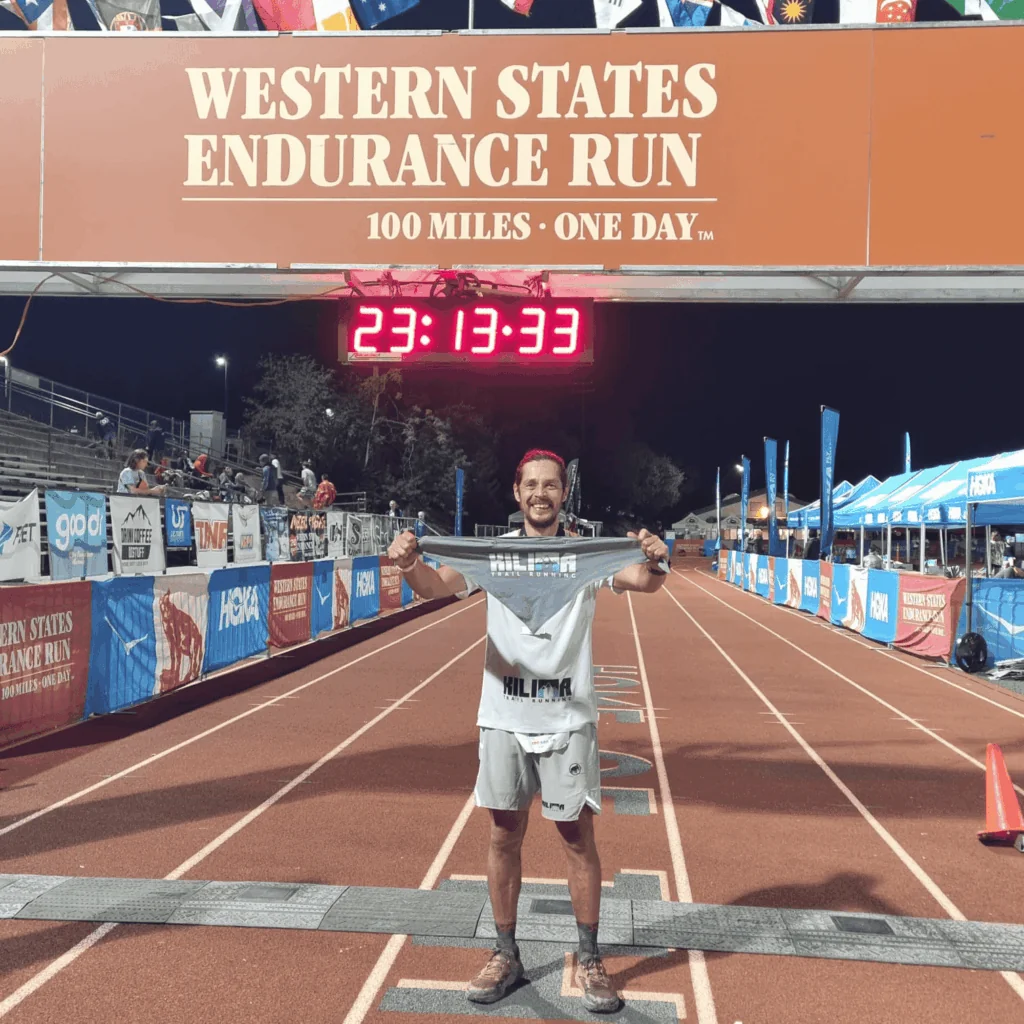Jonathan Santos was playing a video game when he was arrested at his home during an anti-gang operation near San Salvador. Two years later, his father pleads to see him “even if just for a minute” to know that he’s alive. In his modest home in Soyapango, a town 12 km from the capital once controlled by the feared Mara Salvatrucha, Reynaldo Santos shows photos of his 22-year-old son and a stack of documents about his case.
“I don’t have enough certainty here that he could be alive,” says the 57-year-old baker, pointing to papers where authorities informed him in March and October that his son had “gastritis.” The young man was arrested in December 2022 when soldiers and police surrounded Soyapango in the “war” against gangs launched that year by President Nayib Bukele, who enjoys enormous popularity and nearly absolute state power.
According to the Humanitarian Legal Relief NGO, around 30,000 innocent people are among the 83,000 detained without a judicial order and accused of being gang members or accomplices, under a state of exception that has been in place since March 2022. Prison visits are prohibited, prisoners are kept incommunicado, and many families don’t know where or how they are. Santos takes food or clothing to La Esperanza prison in San Salvador each month, without knowing if it will reach his son.
Alive or Dead
His anguish, shared by hundreds of relatives of detainees, grows in response to reports from Amnesty International, Humanitarian Legal Relief, and the Victims of the State of Exception Movement (MOVIR) about more than 300 deaths in prison since 2022. In an agricultural community in Jiquilisco, 100 km from San Salvador, residents said that police took 21 young people within a year. One of them, Emilio Villalta, returned in a coffin.
Among those detained is Eduardo, a former soldier in his thirties. His father, Pablo Rivera, a 54-year-old farmer, has done everything he can to be allowed to see him. “What I want to know is if my son is alive or dead.” Under the name “Proof of Life,” several NGOs launched a campaign in October to demand medical examination certificates for detainees and visitation rights in prisons.
“It’s inhumane, totally desperate, the situation thousands of people are in,” said Mirna Perla, a former Supreme Court justice. In response to criticism, Justice and Security Minister Gustavo Villatoro said that authorities are acting “responsibly” and “ensuring there are no abuses,” while accusing NGOs of aiding “criminals.”
Santos’ son, a factory worker with no criminal record, was accused, like many others, of being part of “illicit groups.” A police officer claimed that the video game he had was a “gang game,” according to his father. “I thought (the state of exception) was for gang members, not for innocents,” said Santos, who has a portrait of his son, in a jacket and tie, from his graduation in 2019, hanging on his wall.
Freedom Letters
At her home in Jiquilisco, surrounded by chickens, 52-year-old Jesús Alvarado, who washes clothes for others, explains that her son José, a 27-year-old tractor driver, remains imprisoned despite having two court orders for “immediate release” issued in 2022 and 2023. For this mother of six, it was “very hard,” she says through sobs, to learn that he was taken to CECOT, a mega-prison where those the authorities consider the most dangerous gang members are held.
“I don’t know why they haven’t released him. I ask the president to let me see my son… or a call. It’s been three years since I’ve seen him,” she lamented. Attorney Ingrid Escobar of Humanitarian Legal Relief told AFP that she has reports of “hundreds who already have release orders,” but prison authorities are not complying.
In an unusual case, a court issued 24 “release letters” in favor of young businessman Melvin Ortiz, but he was only released in October, after the NGO raised his case with the UN. Santos does not aspire to so much. He only asks for “one minute” with his son to tell him that he is “fighting” for him.
Source link
AFP



